What kind of equipment should you buy for your composite lab or science lab ? What kind of precautions should you take while buying laboratory equipment and apparatus? Today we bring you the answers to these and more burning questions in our lab equipment buying guide . This is very important if you are setting up a new school laboratory or renovating one. Let’s jump in!
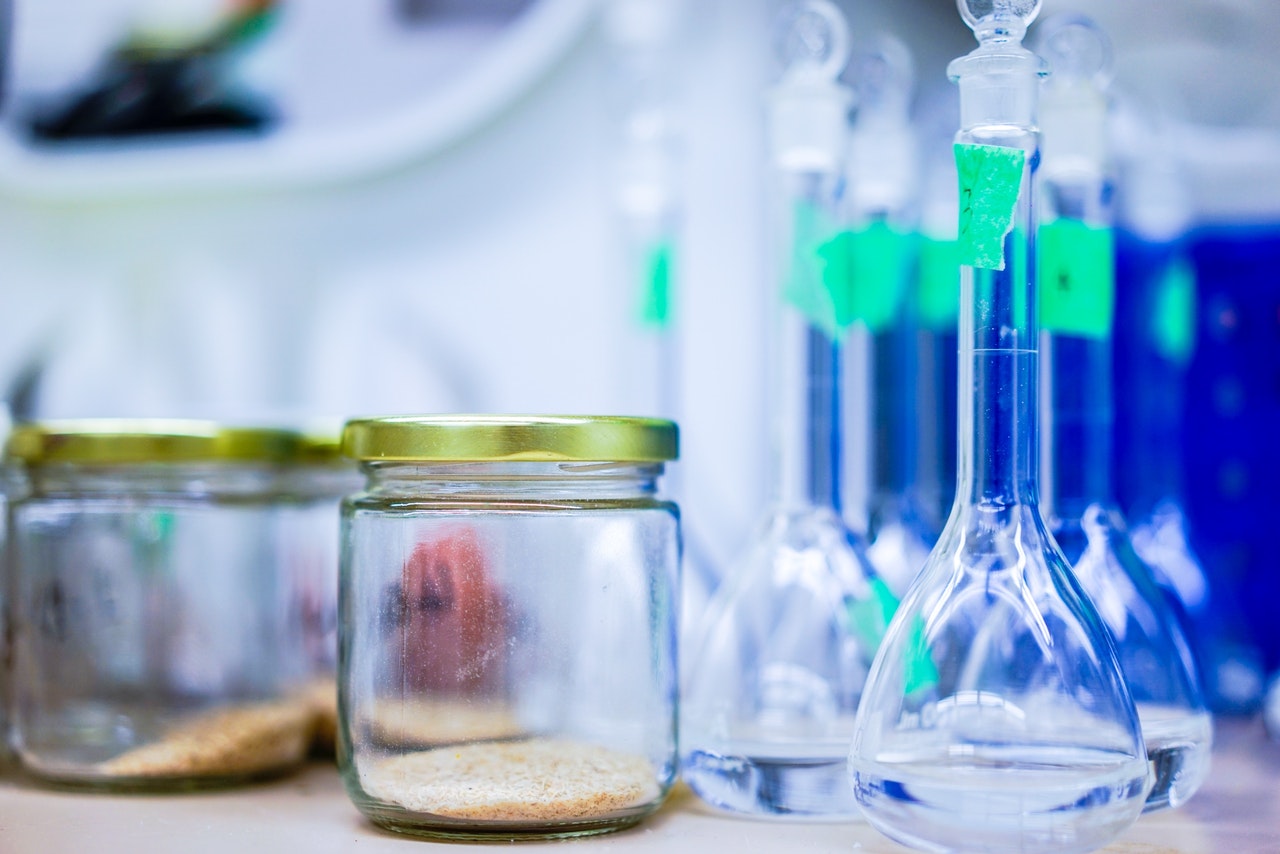
1. Count Your Chickens.
I mean, count your students! How many users will you have in each lab working together at one time? This number will heavily influence most of your procurement decisions later as this will determine the quantity of lab equipment you are going to need.
As per CBSE/ICSE bye-laws, you need to provide for at least 30 students in a practical classroom at a time. In other words, your lab has to be big enough and have enough furniture and equipment to let 30 students and one teacher or instructor work.
You can increase this number as much as you wish, but do keep in mind that the larger a group becomes the harder it gets to manage those people. Imagine having a hundred students in a class ‒ would you like to take that period? Labkafe recommends that you keep your lab capacity under 45.
2. Good things come in packs.
Obviously, you have to figure out what you want to buy before you buy it, but it gets more difficult with school lab supplies. Solely for the reason that there are so many of these things! You have your laboratory equipment, apparatus, glassware, support items, machines, chemicals, consumables, safety equipment ‒ and each of these has literally hundreds of different little products you are going to need just if you want to barely meet your affiliation requirements.
So, what’s the solution? One good way to overcome this problem is to look for lab equipment suppliers who provide lab packages. Best if they provide per-affiliation packages ‒ if not, at least look for a vendor with per-experiment packages. Affiliation packages are of course the best since they cover your full syllabus and meet your board’s affiliation requirements cleanly as well. Better if they let you customize the packages as well ‒ you’ll need some personalization, you’ll see.
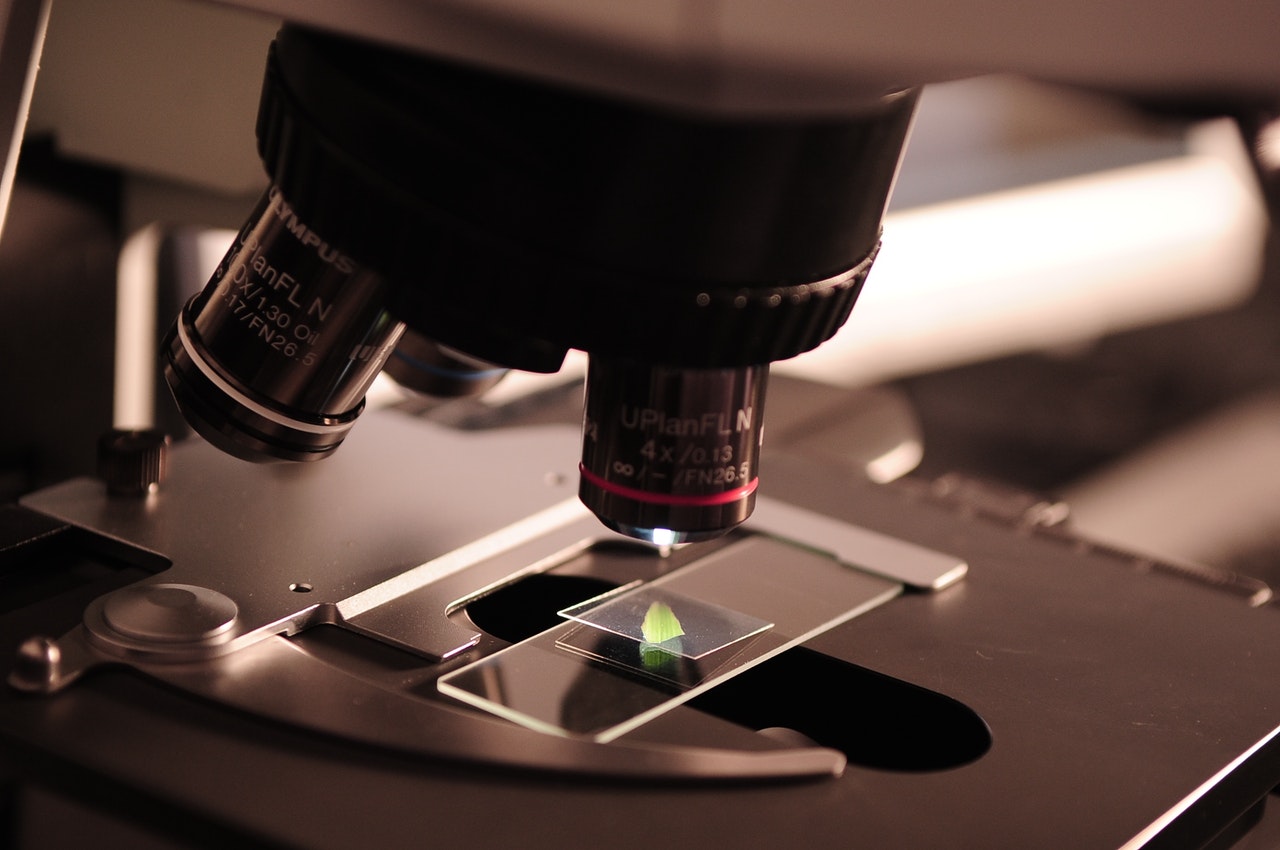
3. Careful with upgrades.
If you are renovating your laboratory and not building a new one, choosing equipment for it gets trickier. Your existing facility has some equipment and you will need some others, and maybe add equipment for some entirely new procedures. To do this, you will have to build a full list of lab equipment that you’ll need.
Your lab teacher or lab instructor would be able to help you out most about this. But it still is a painstaking and long process for them. Make it easier by connecting with a proper lab consultant. They will do a free site visit and list out what you need according to what you want to do.
4. No need to dirty your hands.
When crates of lab equipment arrive at your doorstep, the next headache you have is to unpack and fit them into where they should go. This is a tedious and thankless process nobody enjoys doing. And most lab suppliers would just drop the boxes and walk away ‒ thinking their responsibility finishes with the delivery. That’s not right at all.
So, when you choose a lab item supplier, insist upon free unboxing and free installation. A good school lab supplies vendor should be happy to comply. A REALLY good supplier would actually come forward and give you free demonstrations of a few procedures as well! Granted, there aren’t many of them out there.
5. Shiny doesn’t mean gold.
You are spending beaucoup bucks for your student’s future, so why would you want to compromise on quality? Just because some stuff is available on the market does not mean they will give you results on the lab table ‒ you probably know this already. Nobody would want to compromise their student’s performance due to poor equipment and consumable quality.
So instead, insist on sticking to quality certified lab equipment manufacturing companies. ISO is a must since it’s an international standard and doesn’t come easily. BIS is nearly mandatory for Indian technical manufacturers these days, as well. For other certifications, look for important quality control stamps like NABL and SEFA. A laboratory supplier with all of these certifications is indeed a formidable ally!
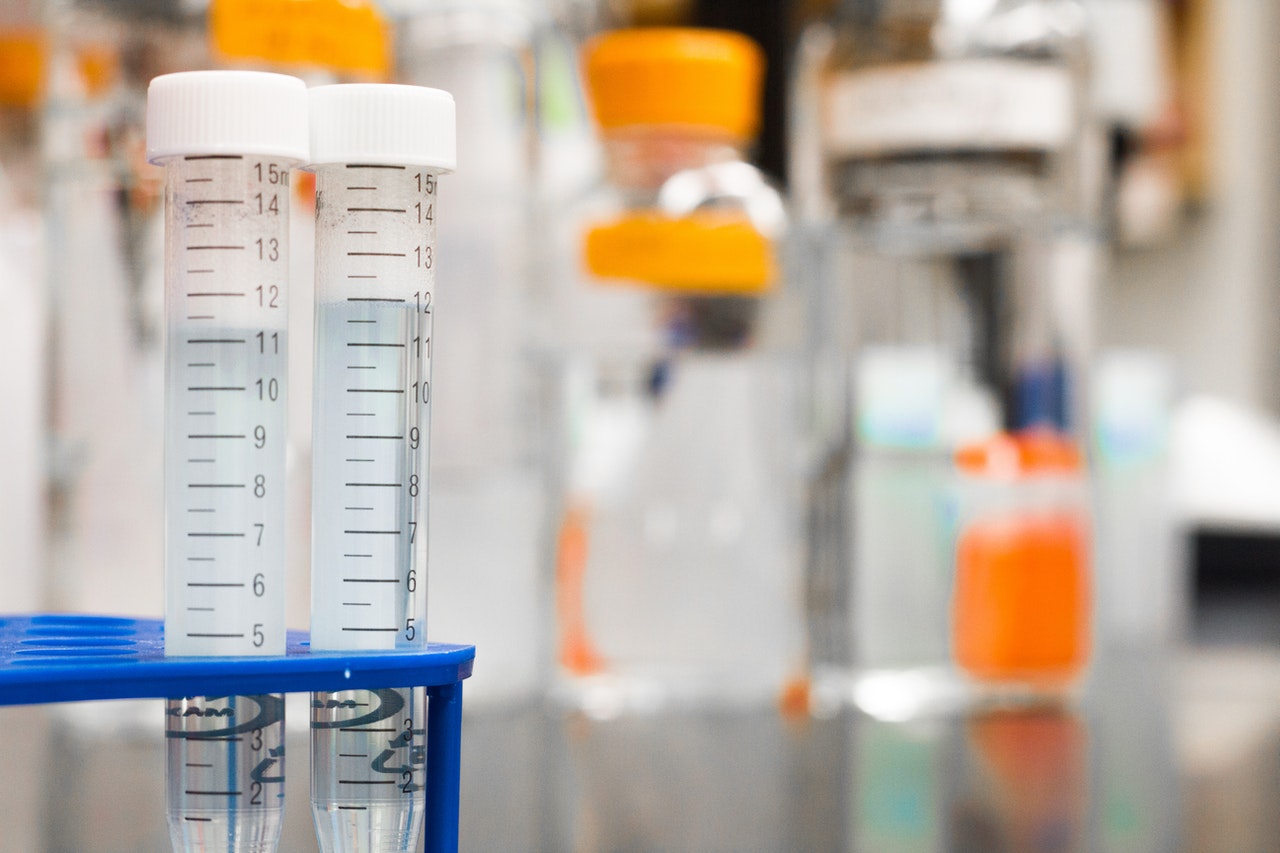
6. Look for a friend.
The process of procuring laboratory items is perhaps one of the most boring and complex jobs school and college principals have to go through. It is a crappy job for the procurement officer too. There is order copy preparation, tender process, bids handling, technical conformation, purchase documentation, and whatever not! And if you have to procure from GeM ‒ oh man, that’s a whole different can of worms!
Look for a company that understands your pain points and wants to help you. There certainly are very few in the education manufacturing industry, but there are some. A good company caring for their customers will hand-hold you throughout the entire procurement process and help you get every documentation done.
7. Transparency is best.
Sadly, very few manufacturing companies understand the importance of that statement. They separate the customer from the manufacturing or even operations process, and thereby frustrate the customer most annoyingly. Also, it raises the questions of reliability and security.
Don’t fall for words like “you want results, what’s the point of looking for details!” That kind of attitude only indicates that the person has something to hide. A lab equipment supplier who is fully transparent about its sales and operations processes is a real gem to find, and is a pleasure to work with.
8. Stick to your needs.
One of the major problems with equipment suppliers is that they often try to force their own standards upon the customers. It is hard to find many options with a lab equipment reseller, especially one who agrees with your standards.
This should not be the case. A customer should not have to change his or her standards just because the supplier doesn’t keep good stock. Instead, look for actual lab equipment manufacturers with a lot of flexibility. How would you know? A flexible seller will listen to you first before listing out his wares. And they will always keep options open for you. Why compromise on your dream laboratory?
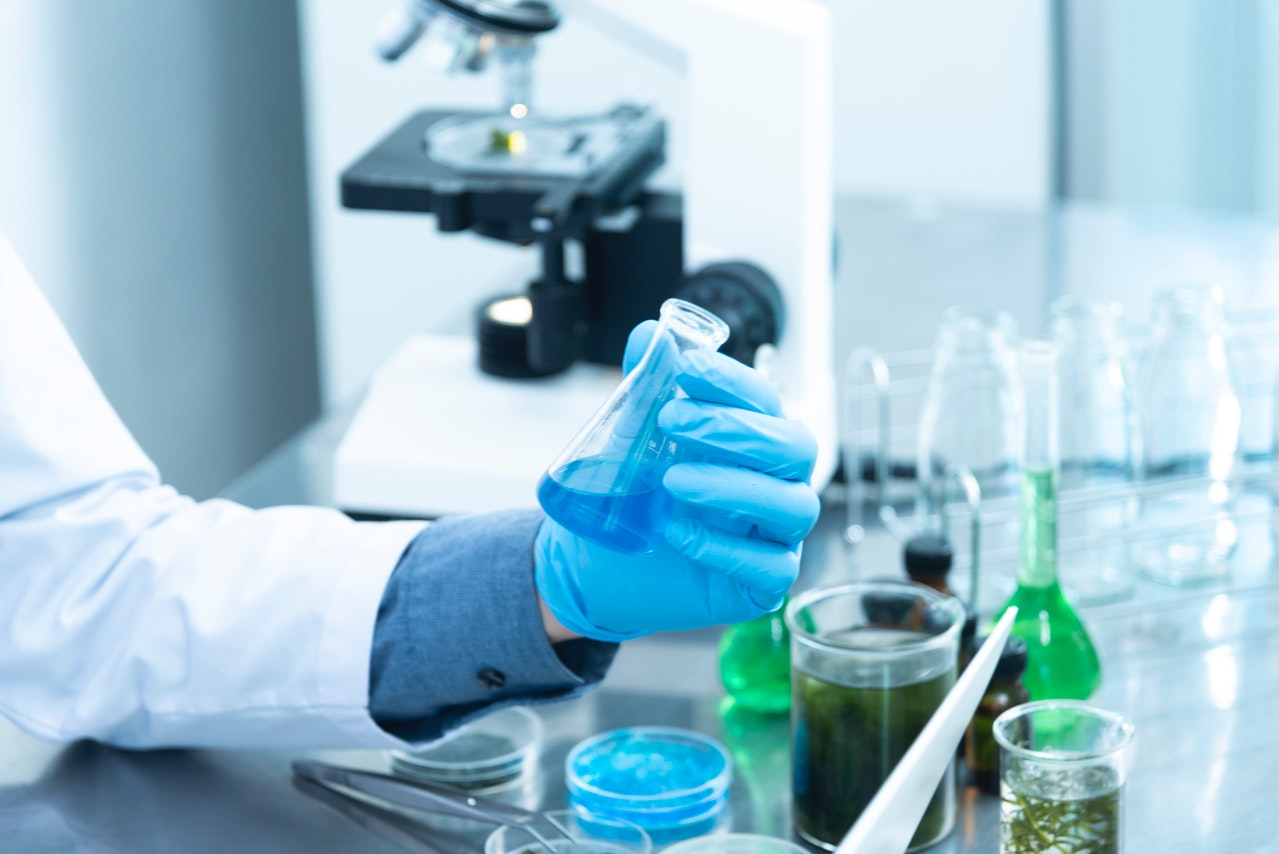
With these in mind…
Building a laboratory is no small task and one has to labor to get things just right. Compromising on the quality of practical education is no longer an option in our fast-developing country, as most first-world countries now prefer hands-on learning over textbooks. Therefore, now it is more important than ever to build your labs properly and renovate existing ones to match the fast-paced future that’s almost upon us.
Keeping that in the equation, we can easily say that finding a good lab equipment supplier becomes one of your priorities these days, which ticks all the boxes as mentioned above. Not to beat our own drums, but Labkafe does conform to all of these standards and then some. Not for nothing have we 1500+ satisfied customers across India and beyond!
Image courtesy: pexels
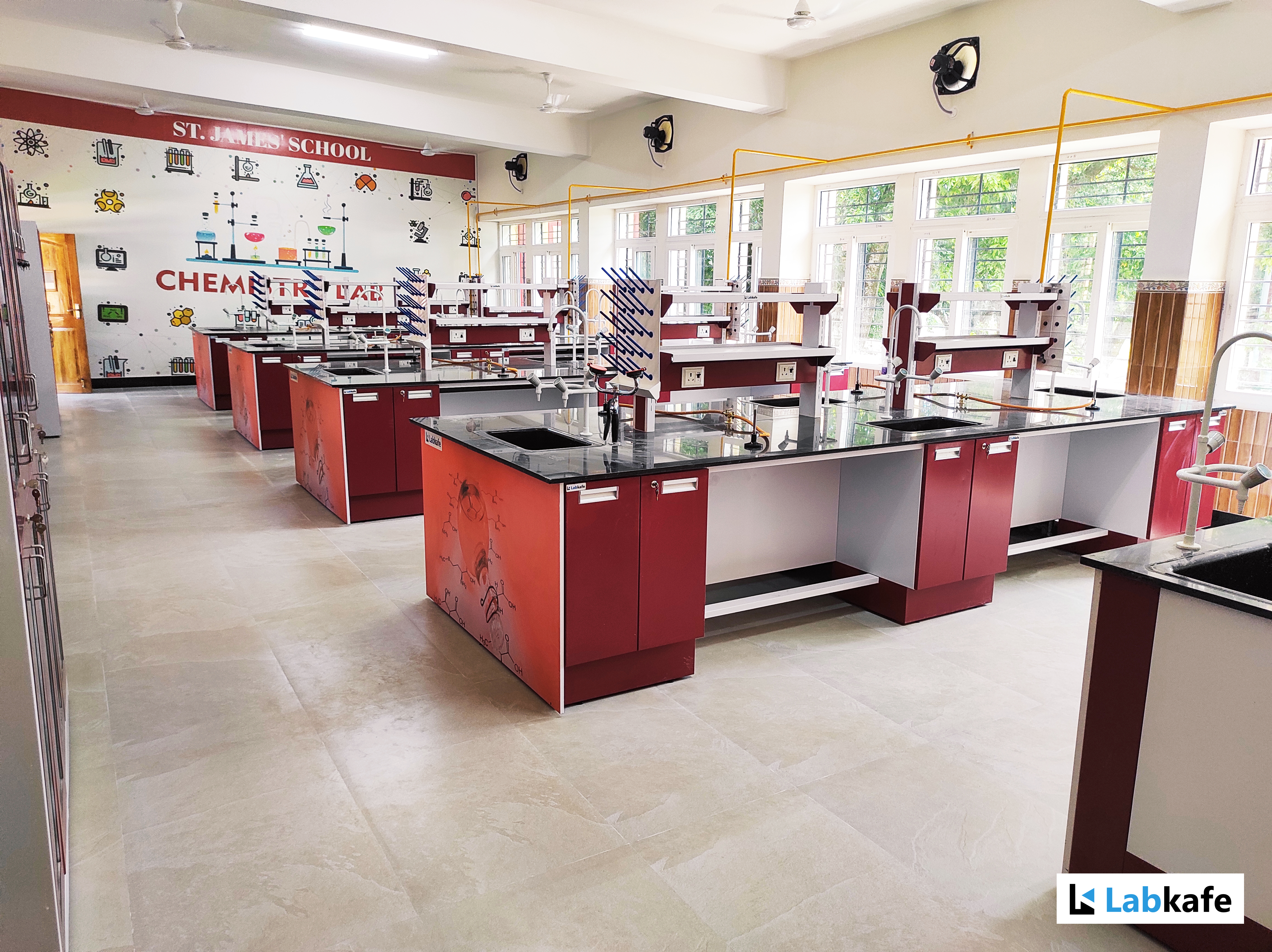

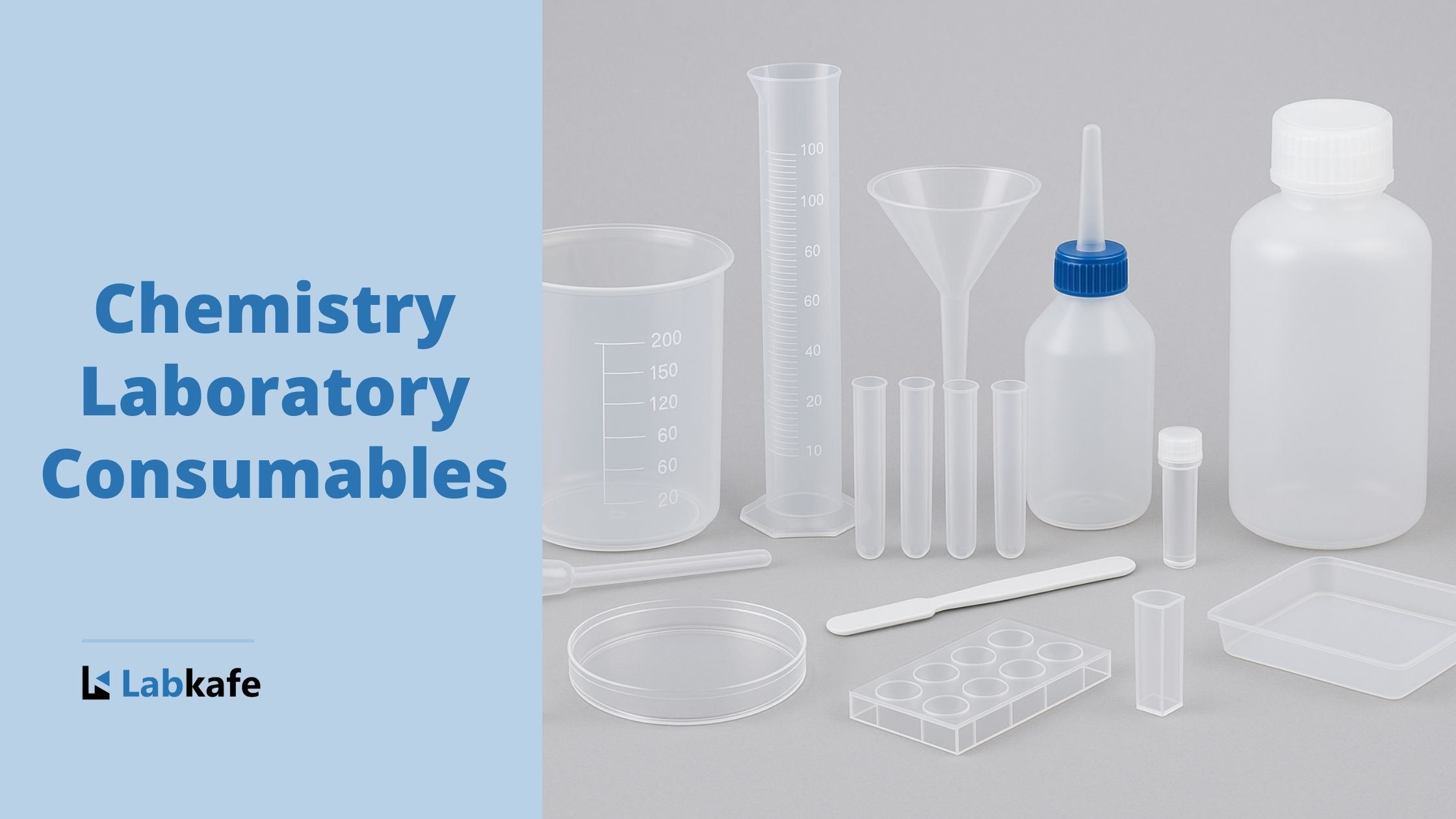
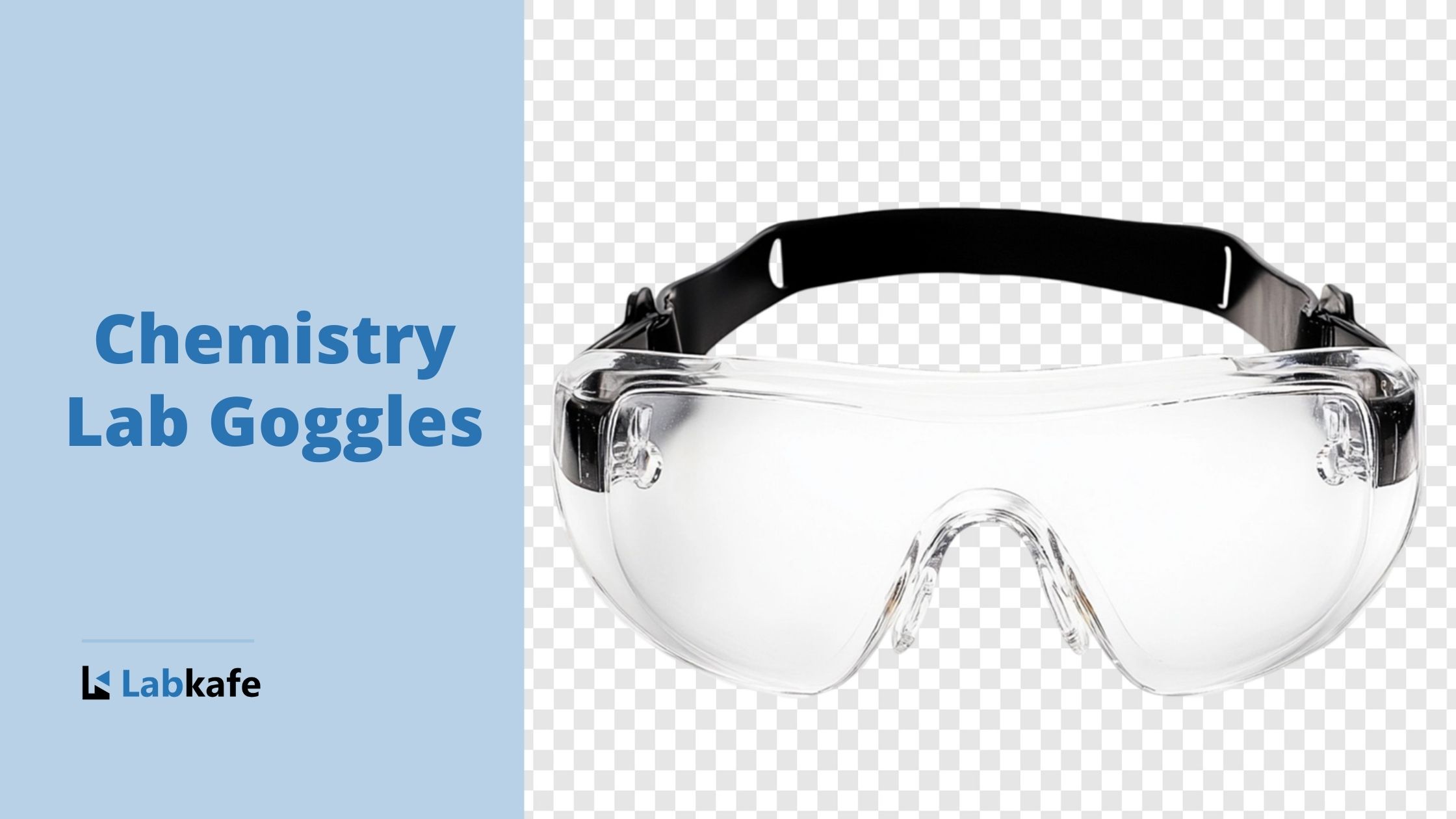
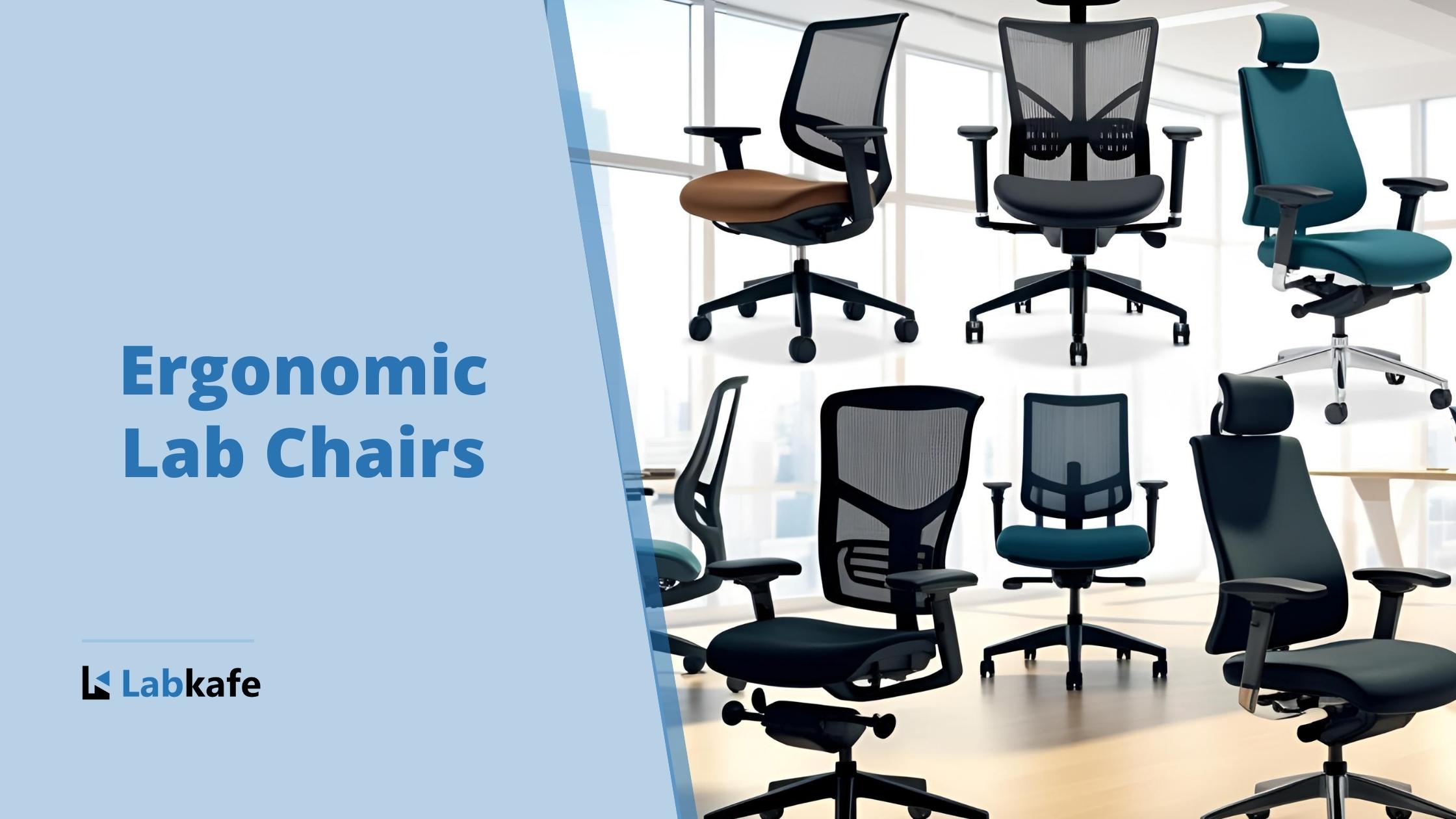
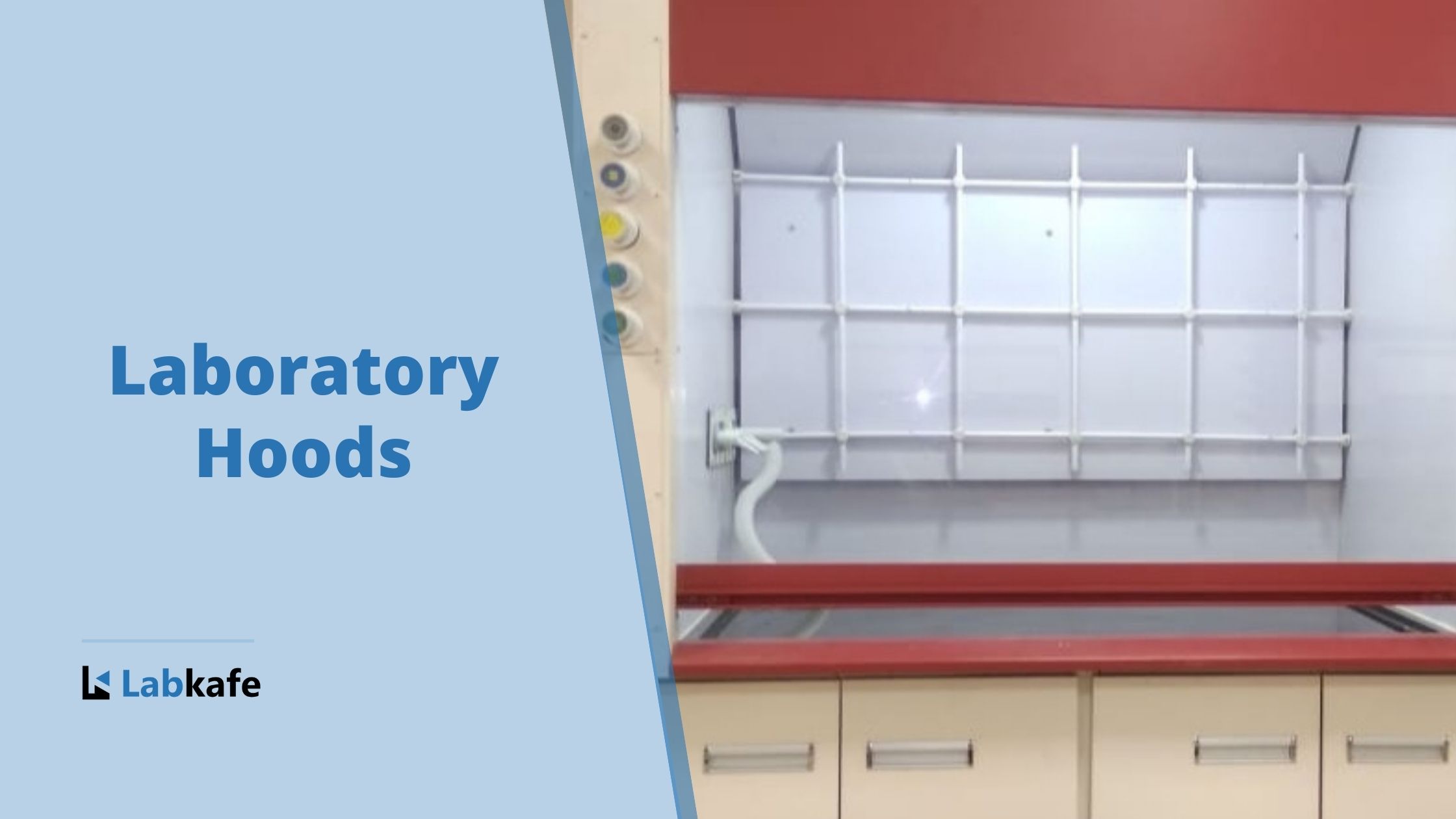
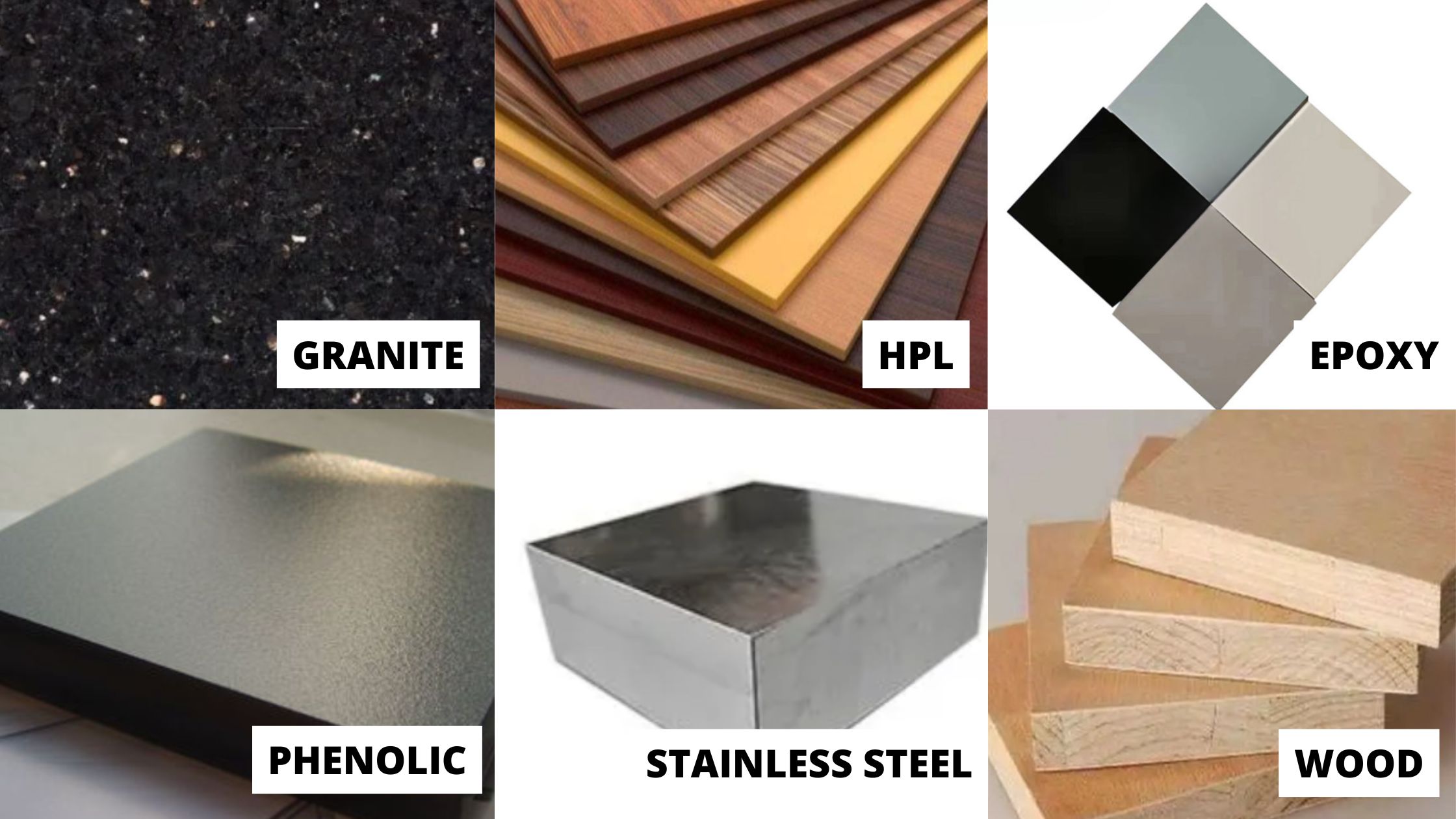
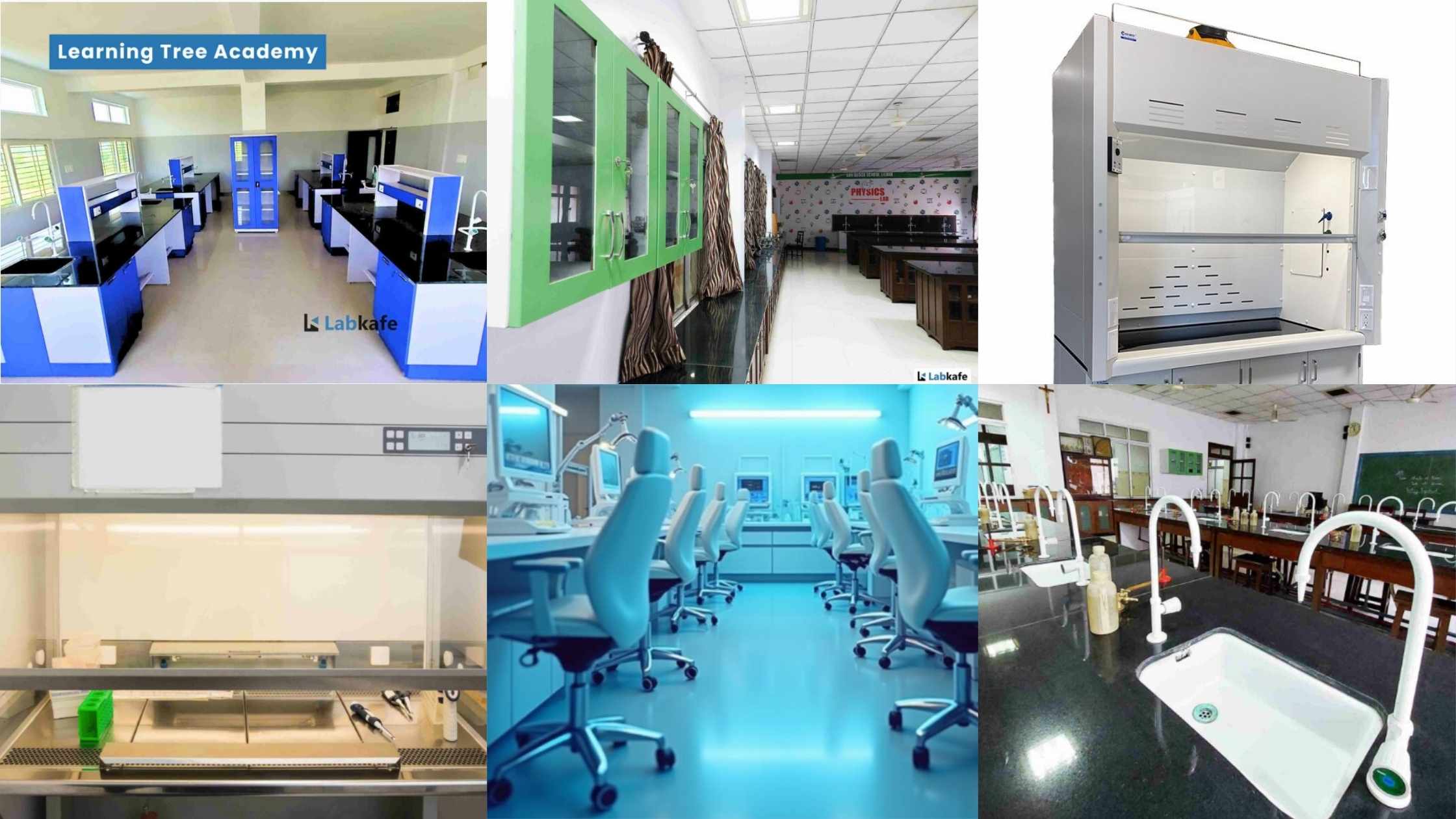
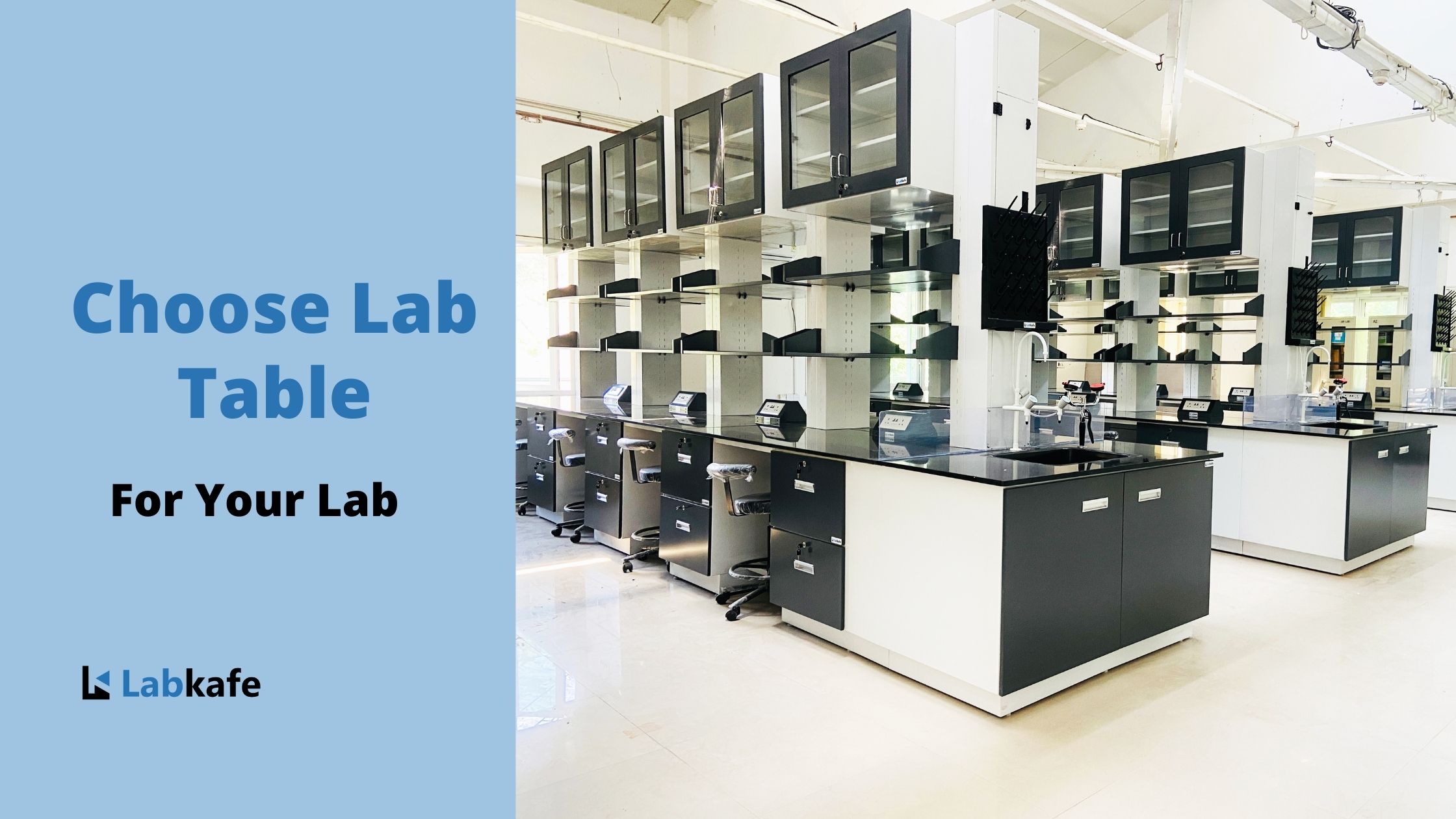
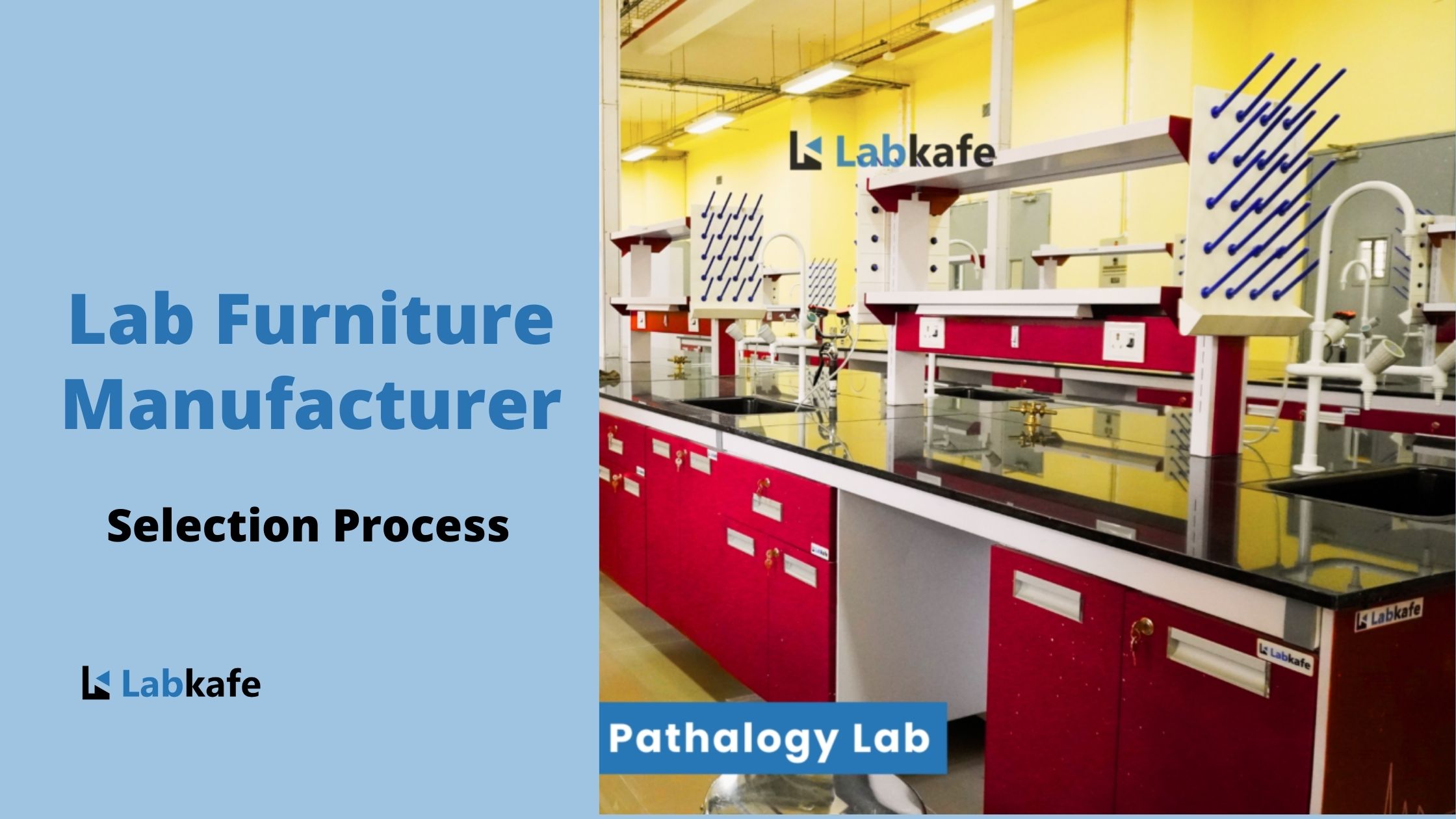
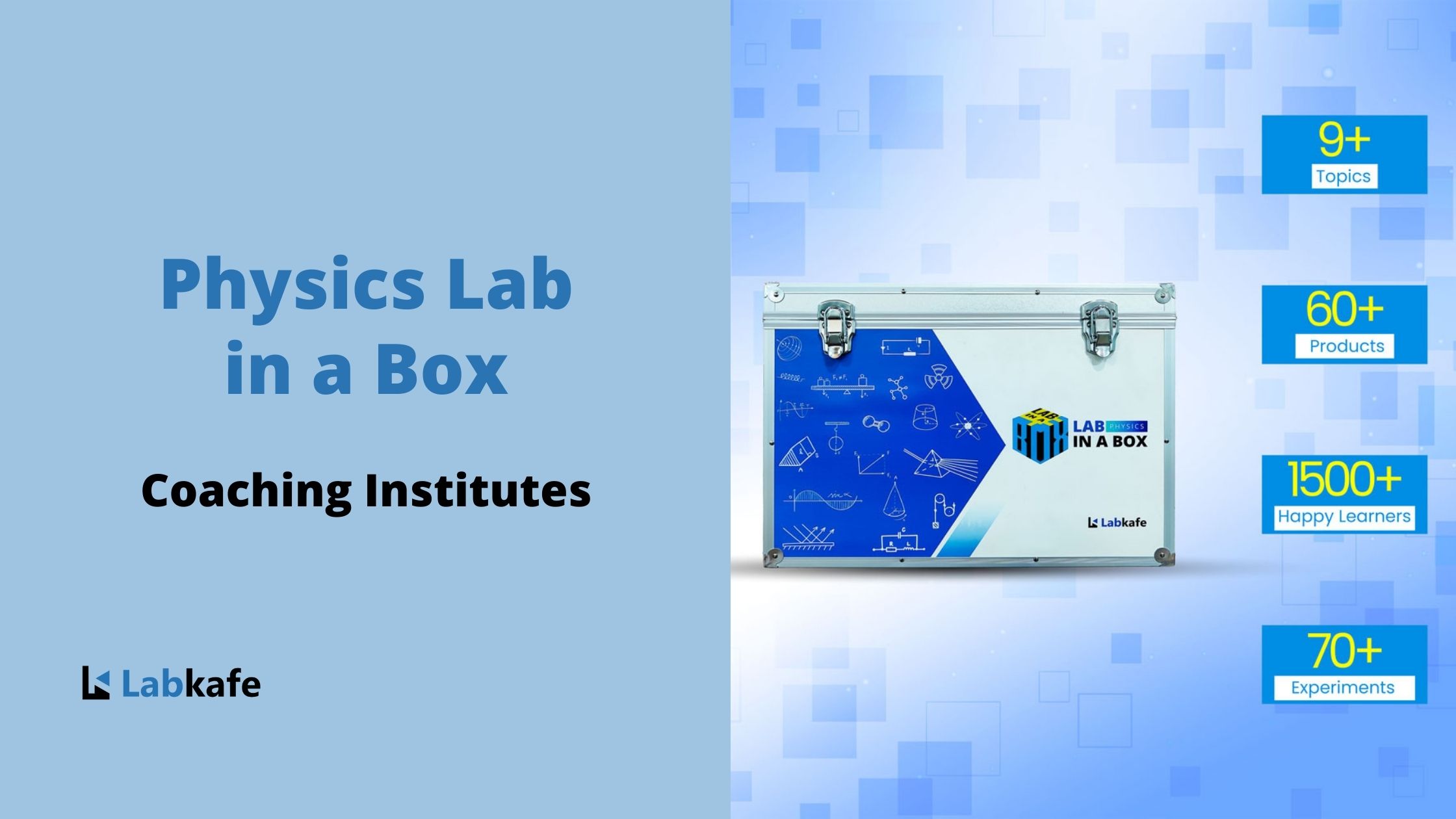
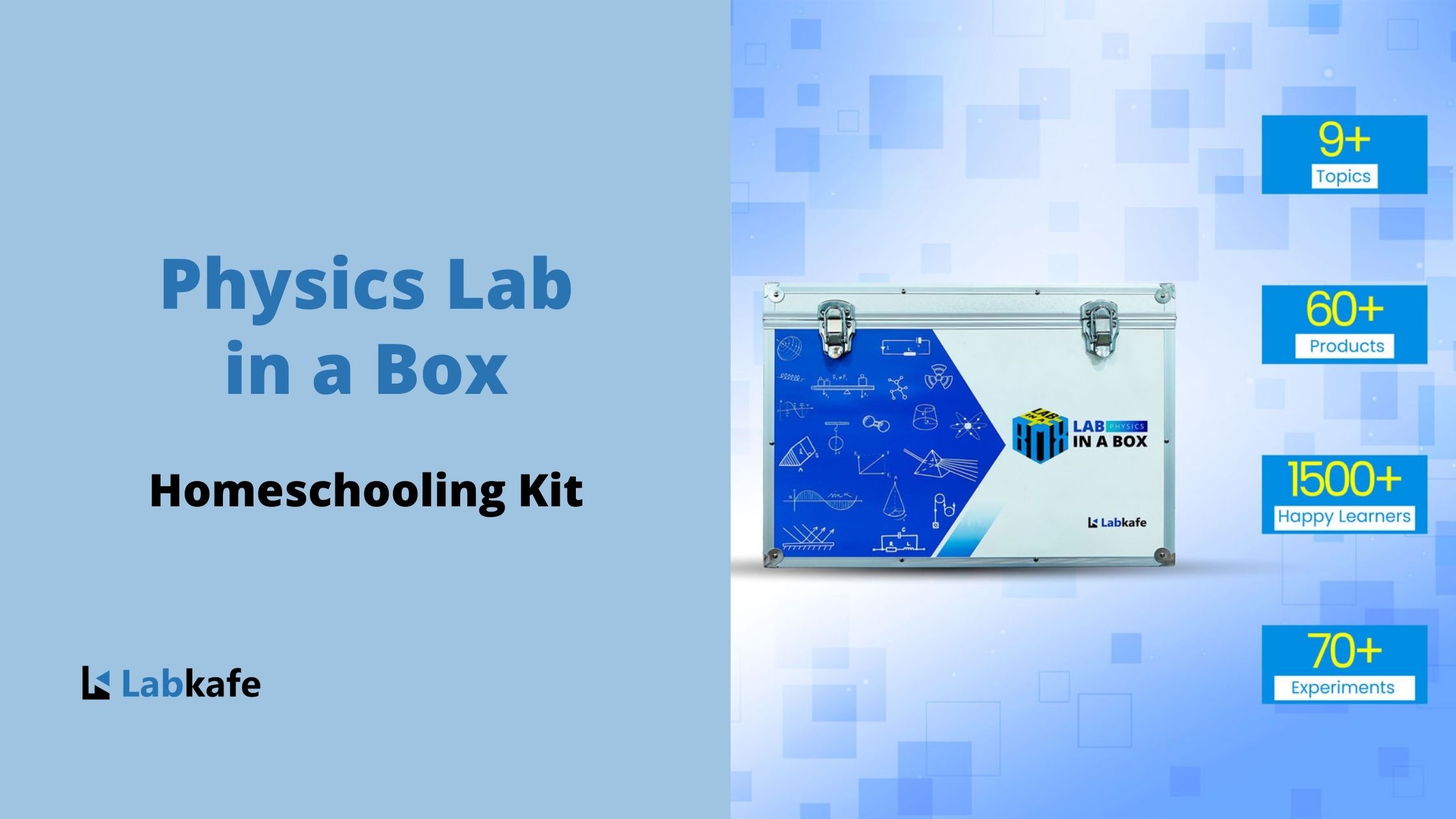
Leave a Reply